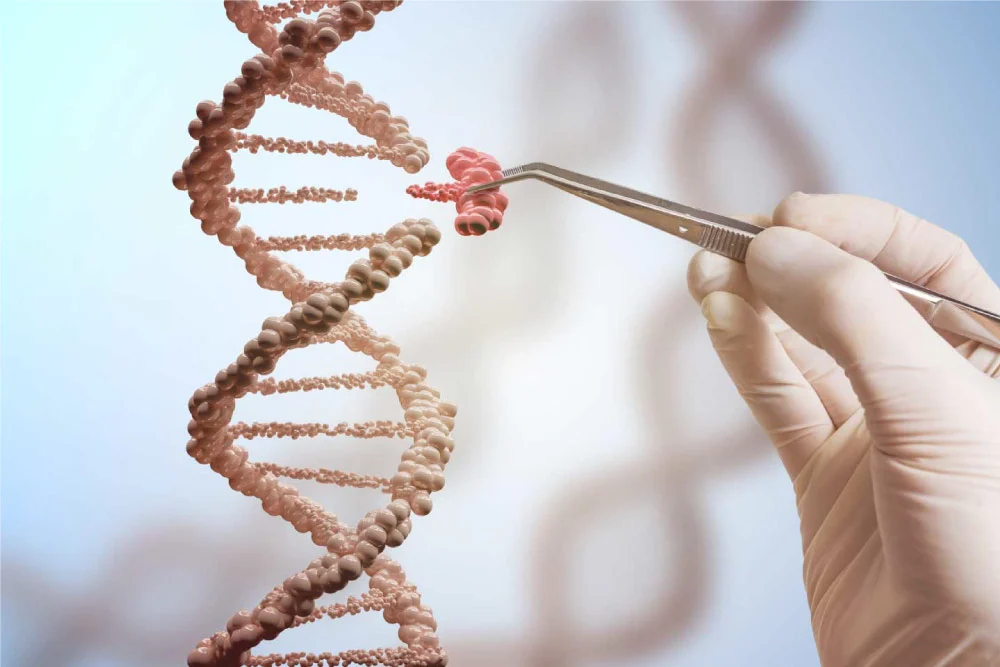In vitro fertilization, recombinant DNA, and reproductive cloning have all been known for a long time, and worries about them have led to governments all over the world enacting rules that limit or prohibit the manipulation of the human germline for reproductive purposes.
What is CRISPR?
CRISPR gene editing refers to a technique of genetic engineering in molecular biology through which the genes of living organisms can be modified. This is based upon a simplified version of the “bacterial CRISPR-Cas9 antiviral defense system”
So what exactly is Genome editing?
Also known as gene editing, this is “a group of technologies that give scientists the ability to change an organism’s DNA.” Through these technologies, genetic material can be removed, added, or altered at specific locations within the genome.
There may be some advantages to this, and proponents of germline genome editing, or GGE, have claimed that it might be used to prevent illnesses and treat infertility. As a result, they claim that the advantages exceed the hazards.
In August of 2017, the first reported case of therapeutic germline intervention using CRISPR/Cas9 was witnessed (Maetal. 2017).

“A team from Oregon Health & Science University generated zygotes by fertilizing healthy oocytes with sperm cells from a carrier of the MYBPC3 mutation,” according to Giovanni Rubeis and Florian Steger in the publication “Risks and benefits of human germline genome editing: An ethical appraisal.”
Thus, it is evident that there are benefits involved with this. However, when it comes to ethics, studies beg to differ. Firstly, for something to be ethically approved, it has to be publicly educated about. Something can not be ethical if the public does not know how it works when it is used and what the risks are.
Furthermore, gene alteration may go against the religious beliefs of a myriad of people. To use this, even in any “life saving” situation, without the consent of the patient would cross all ethical boundaries.

Most religious people believe it is like playing God or changing God’s will, which can turn to be more harmful in the long run than it is beneficial in the present.
The issue is still 50/50 in terms of advantages and hazards, but the first step in ensuring ethical processes is to educate the public and solicit their feedback.
Also Checkout: 8 Best Unroll.me Alternatives For You To Use In 2022















